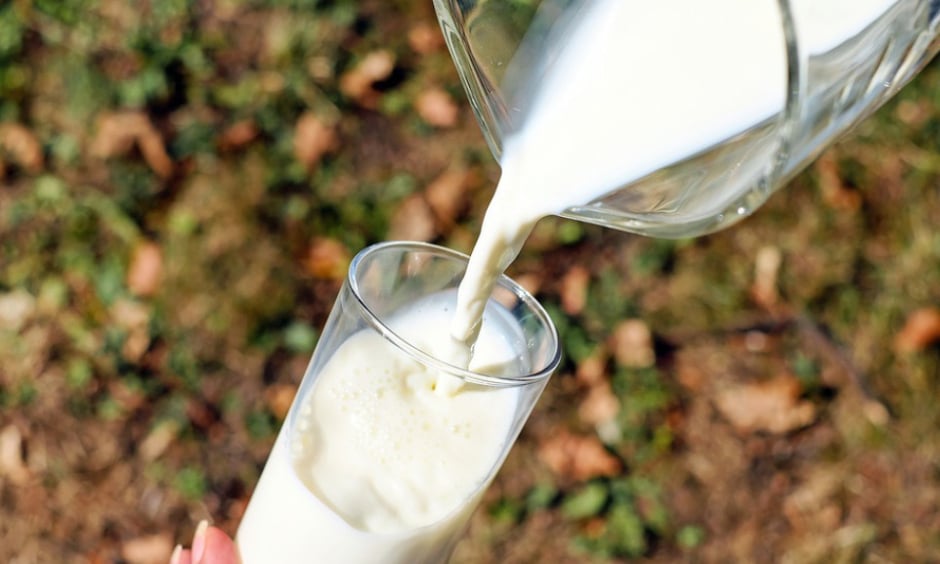MICROBES in the gut may offer the potential to prevent cow’s milk allergy from developing in infants, according to the results of research recently published by scientists from the University of Chicago, Chicago, Illinois, USA. Despite the promising results, the study was conducted in a murine model and, as such, there are still several steps to be taken before findings can be translated into daily practice.
To set the context for their study, the researchers drew on the findings of previous bodies of work that demonstrated that some gut microbes were associated with a reduced risk of developing food allergies. Based on this, the researchers set out to consider the question of whether the gut microbes from infants who had no allergy to cow’s milk might exert a protective effect against cow’s milk allergy.
To investigate this question, the scientists transplanted gut microbes from infant donors into mice that had been raised in a sterile environment and sensitised to milk protein. Following milk exposure, it was found that the mice that had received a gut microbe transplantation from infants who were not allergic to cow’s milk exhibited no reaction in response to exposure. However, mice receiving microbes from infants who were allergic to cow’s milk produced allergic antibodies and underwent anaphylaxis. This was also the case for mice receiving no microbes at all.
Upon conducting further studies, the researchers were able to pinpoint one microbe: Anaerostipes caccae, a clostridial species. When this microbe was transplanted alone into mice, it prevented the development of cow’s milk allergy. Additional investigations showed that different genes were expressed in the cells of the mice’s gut linings. There were differences between mice that had received microbes from non-allergic infants and mice that had received microbes from allergic infants.
The researchers concluded: “Our findings demonstrate that intestinal bacteria are critical for regulating allergic responses to dietary antigens and suggest that interventions that modulate bacterial communities may be therapeutically relevant for food allergy.”






